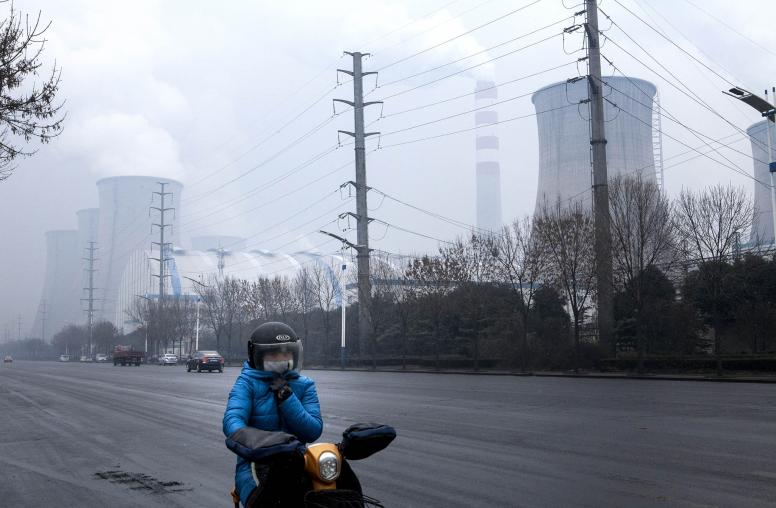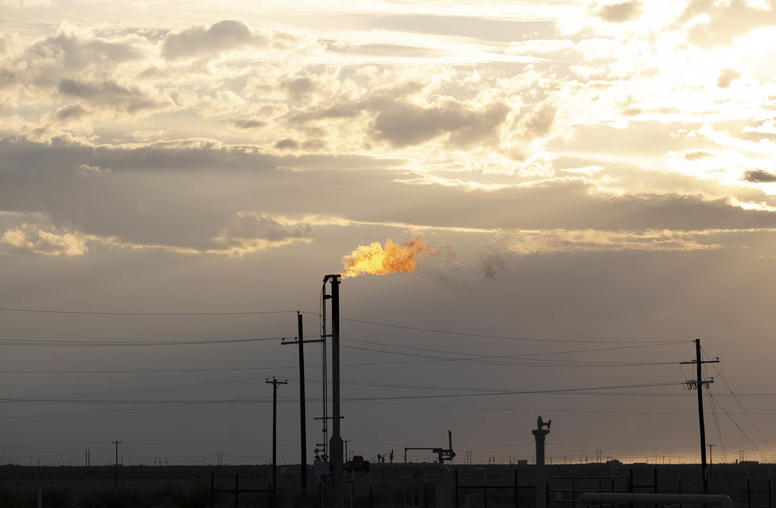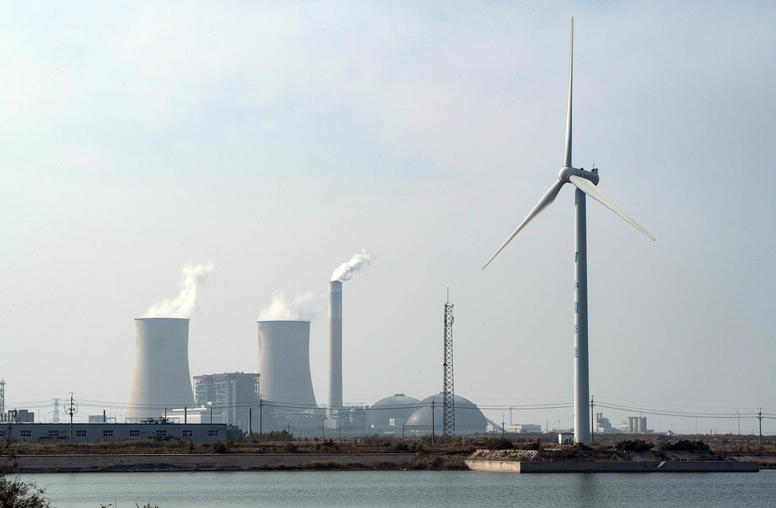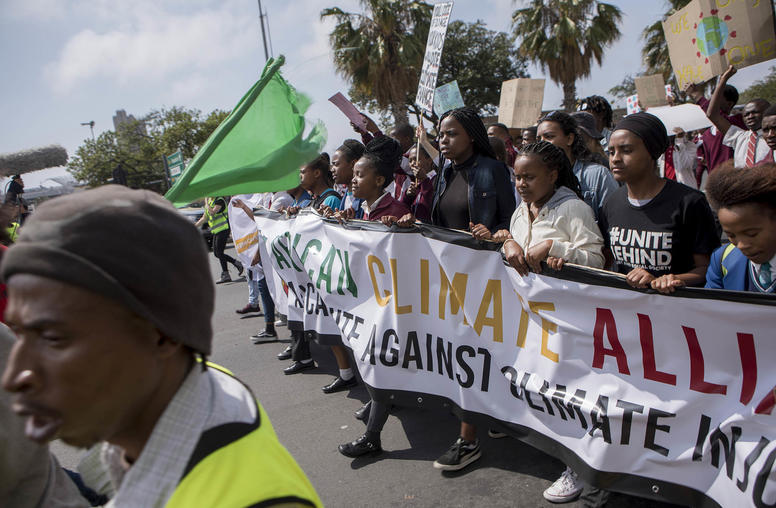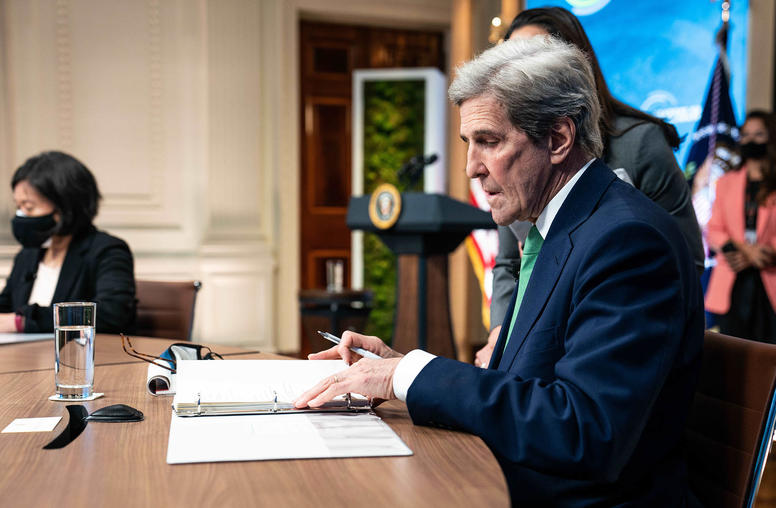Tegan Blaine, Ph.D.
Contact
Please submit all media inquiries to interviews@usip.org or call 202.429.3869.
For all other inquiries, please call 202.457.1700
Dr. Tegan Blaine is the director of climate, environment & conflict at the U.S. Institute of Peace.
Prior to joining USIP in 2020, she served as vice president on a climate change initiative at the National Geographic Society. She also led the climate change team in USAID’s Bureau for Africa for over a decade, where she developed USAID’s strategy and investment plan for its climate change work in Africa, and built and led a team that provided thought leadership and technical support to USAID’s Africa missions.
Before USAID, Dr. Blaine worked on climate change and international development at McKinsey & Company; served as a policy advisor on water at the U.S. Department of State; and taught math and physics as a Peace Corps volunteer in Tanzania.
Dr. Blaine has a doctorate in oceanography and climate from the Scripps Institution of Oceanography and bachelor’s degrees in comparative literature and mathematical ecology from Brown University. She has taught about climate change and international development at George Washington University’s Elliott School of International Affairs and at Johns Hopkins University’s School of Advanced International Studies.
